Ready to Provide the NOC Outsourced Congestion Services

STORY INLINE POST
Q: How did the COVID-19 pandemic affect your activities?
A: The pandemic did not severely affect the sector, although consumption levels were lower because people stopped traveling. Consumption decreased 30 to 40 percent in regions where we have hydrocarbon terminals, such as Nuevo Leon and Tula. We have not reached pre-pandemic levels yet but the recovery has been good. We are only 10 to 15 percent below full recovery.
Q: How has your client portfolio changed?
A: We have basically the same customers, two of the top O&G US companies.
Q: What was behind the closure of terminals and what factors will determine their reopening?
A: Our terminals are in full compliance. We have the required permits from SENER, the Regulatory Commission of Energy (CRE), the Agency of Security, Energy and the Environment (ASEA) and the Communications and Transport Ministry (SCT). CRE’s arguments were that we were using rail cars as storage units and that we could not prove the legal origin of the hydrocarbons. Although we provided all the necessary documentation, which included bills, import petitions, import permits and even permits from our clients to distribute, the authorities decided to shut us down. Once the authorities verify the paperwork and realize the terminals are in compliance, we can expect to get back in business.
Q: How many of your terminals remain closed?
A: Three out of our 15 terminals are closed. In regard to hydrocarbons, three out of five terminals are closed. At the moment, we do not have any terminals working with hydrocarbon operations. In addition to the three terminals closed by the government, we decided to close the other two until the issue is resolved.
Q: How could documentation be standardized to avoid a similar situation in the future?
A: It is not a matter of documentation or regulation; the documents exist. This is a matter of interpretation and willingness from the authorities to help regulated companies to comply with the extensive list of requirements to operate accordingly in the sector.
Q: How have other sectors compensated what has been lost with the hydrocarbons sector?
A: Fortunately, the transfer market for petrochemicals, specifically plastic resin, has developed very well and has kept us afloat. Chemical and food products have also kept the business in other terminals running.
Q: What is your strategy for 2022?
A: Our strategy focuses on getting these terminals reopened, as well as keep growing in other markets such as plastic resins, food grade and others.
Q: How do you see the future in terms of working with PEMEX?
A: For the past six years, we have been working with them, receiving oil from the Tula refinery and loading it in railcars to send it overseas. With the new national plan for refinement, more fuel is going to flow; therefore, PEMEX will need more assistance and we could provide them with outsourced congestion services as well as services related to refining.
Bulkmatic provides logistical services and has 15 transfer terminals across Mexico. The company works with liquid and dry products in bulk. Among the products that it transports are hydrocarbons, chemicals, food, liquids, minerals and plastic resins.



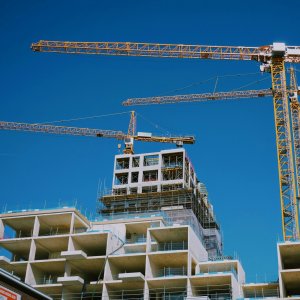
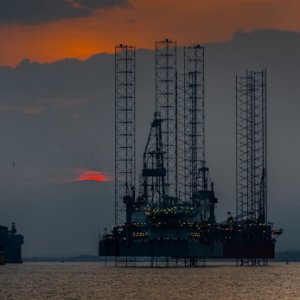
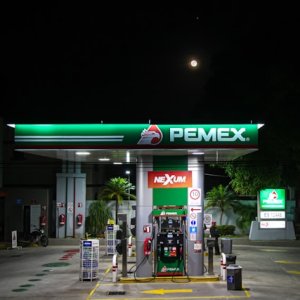
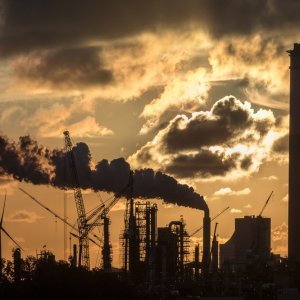
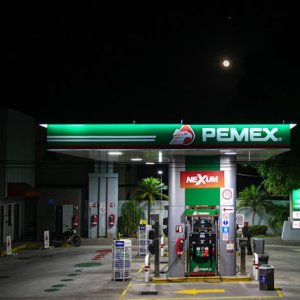
 By Pedro Alcalá | Senior Journalist & Industry Analyst -
Tue, 05/10/2022 - 15:37
By Pedro Alcalá | Senior Journalist & Industry Analyst -
Tue, 05/10/2022 - 15:37
















